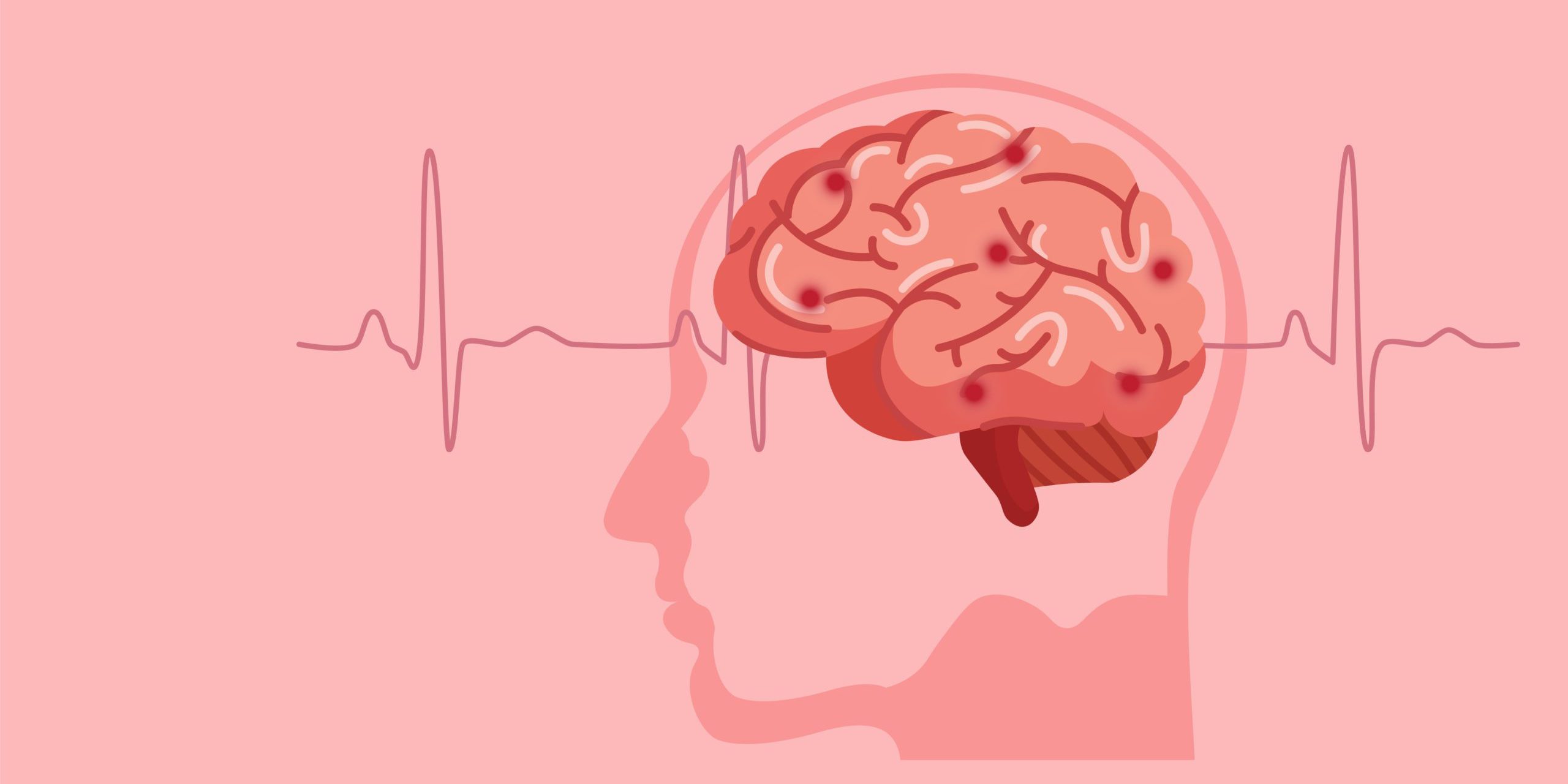What Does It Mean To Be ‘Brain Dead’?
The concept of brain death is often difficult for families to come to terms with when dealing with a tragic loss. Often, for the patient with a non-traumatic brain injury like a stroke, there is no outward sign that their loved one has suffered a devastating and non-survivable injury to the brain. The patient looks to be asleep, is warm to touch and appears to breathe, albeit with the help of a machine.
It is under these circumstances that families are asked to understand that their loved one has died. It is also under the same scenario that organ donation is presented as an option in order to give life to others.
What is Brain Death?
Brain death occurs when a person has an irreversible, catastrophic brain injury, which causes total cessation of all brain functions (the upper brain structure and brain stem). Brain death is not a coma or persistent vegetative state. Brain death is determined in the hospital by one or more physicians not associated with a transplantation team.
Some causes of brain death include (but are not limited to):
-
Trauma to the brain (i.e. severe head injury caused by a motor vehicle crash, gunshot wound, fall or blow to the head)
-
Cerebrovascular injury (i.e. stroke or aneurysm)
-
Anoxia (i.e. drowning or heart attack when the patient is revived, but not before a lack of blood flow/oxygen to the brain has caused brain death)
-
Brain tumour
When someone is brain dead, it means that the brain is no longer working in any capacity and never will again. Other organs, such as the heart, kidneys or liver, can still work for a short time if the breathing machine is left in place, but when brain death is declared, it means the person has died.

How does the doctor determine brain death?
Doctors examining the patient will conduct a battery of tests to determine whether any brain activity is present. If all brain activity is absent, the patient is dead.
Why does the heart continue to beat?
The heart is part of the autonomic nervous system and thus has the ability to beat independently of the brain as long as it has oxygen. The heart will eventually stop beating as all bodily systems begin to stop working shortly after brain death. Once this process has begun, it cannot be reversed. At the time a physician declares brain death, the patient is dead. Mechanical support (a breathing machine) keeps oxygen going to the organs until they can be recovered for transplant. The machine is not keeping the patient alive (brain death is irreversible and is legally and medically recognized as death), it is merely keeping the organs viable until they can be recovered.
Would removing the breathing machine be the same as causing the death of the patient?
No. The brain will never recover when it dies. Since the patient has already been declared dead, removing the machine (which is artificially pumping air into the lungs) cannot cause further harm or death. Often the general public views brain death and coma as the same. They are NOT! A patient who is in a coma or persistent vegetative state typically has some brain stem function (which controls breathing) and possibly other brain functions. When a person is brain dead, no part of the brain is functioning any longer.
Brain death is irreversible. There are unfortunately no proven cases where patients were declared brain dead and later were restored to a normal life. This is why doctors push hard for families to agree to organ donations when their loved ones are declared brain dead.



